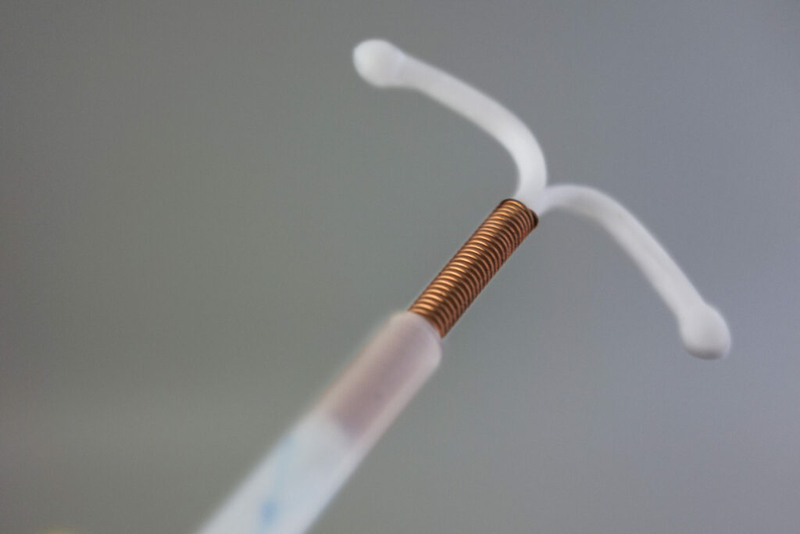Alabama House Judiciary Committee approves bill establishing right to contraception

The Alabama House Judiciary Committee Wednesday approved legislation Wednesday that would recognize a right to obtain and dispense contraception in the state.
HB 279, sponsored by House Minority Leader Anthony Daniels, D-Huntsville, explicitly states that individuals have a right to have access to contraceptives meant to prevent pregnancy, and that health care providers have the right to distribute contraceptives and provide information about them.
“Under existing law, there is no explicit recognition of the right to distribute and use contraceptives,” Daniels said.
The bill also includes an enforcement provision, which allows the attorney general, health care providers and individuals to file civil lawsuits against laws that prohibit or interfere with the distribution or use of contraceptives.
The committee approved the bill on voice vote.
The legislation comes as reproductive rights have taken center stage in the nation and the state.
Fatal anomaly exception didn’t spare Alabama mom who needed an abortion
Since the U.S. Supreme Court struck down federal abortion rights protections in Dobbs v. Jackson Women’s Health Organization, voters in a number of states, including Kansas, Kentucky, Michigan and Ohio, have approved ballot questions that bolstered support for abortion access.
Several other states, including Arizona and Florida, are likely to have abortion access questions on this November’s ballot.
Alabama, which has an effective ban on abortion, came under the spotlight in February when the state Supreme Court ruled that frozen embryos are children and that parents can collect civil damages for their destruction.
The ruling halted in vitro fertilization programs in the state and led the Alabama Legislature to pass a bill extending civil and criminal liability protections to IVF providers.
On March 26, Democrat Marilyn Lands, who campaigned on a platform of overturning the state’s abortion ban, won election to the Alabama House of Representatives, flipping a Republican seat in the Huntsville area.

President Joe Biden has put abortion rights at the center of his re-election campaign. Former President Donald Trump, the likely Republican nominee, on Monday said he would back away from a proposed nationwide 16-week abortion ban and let states like Alabama decide, an announcement that drew criticism from anti-abortion groups and mistrust from abortion rights organizations.
Lawmakers on the committee introduced amendments that added language about the process for a woman getting pregnant such as “prior to the implementation of the embryo” to make the provisions consistent throughout the bill.
“Let’s say you are a Catholic doctor who doesn’t believe in contraception,” asked Rep. Ben Robbins, R-Sylacauga. “Does the person have to provide contraception if the patient says, ‘I would like contraception?’”
Daniels said the bill does not impose a mandate on the physician.
“It does not stand between the citizens and their doctor,” he said. “It is only between, basically, the government and the doctor’s office.”
Contraception is generally difficult to access in Alabama. The state does not require insurers to cover contraception. Data from the U.S. Centers for Disease Control and Prevention (CDC) says that Alabama teens are less likely than their peers around the nation to use contraception. According to the CDC, Alabama has the fifth-highest teen pregnancy rate in the nation.
The bill moves to the Alabama House of Representatives. It needs at least four legislative days to pass; there are nine days left in the session.








